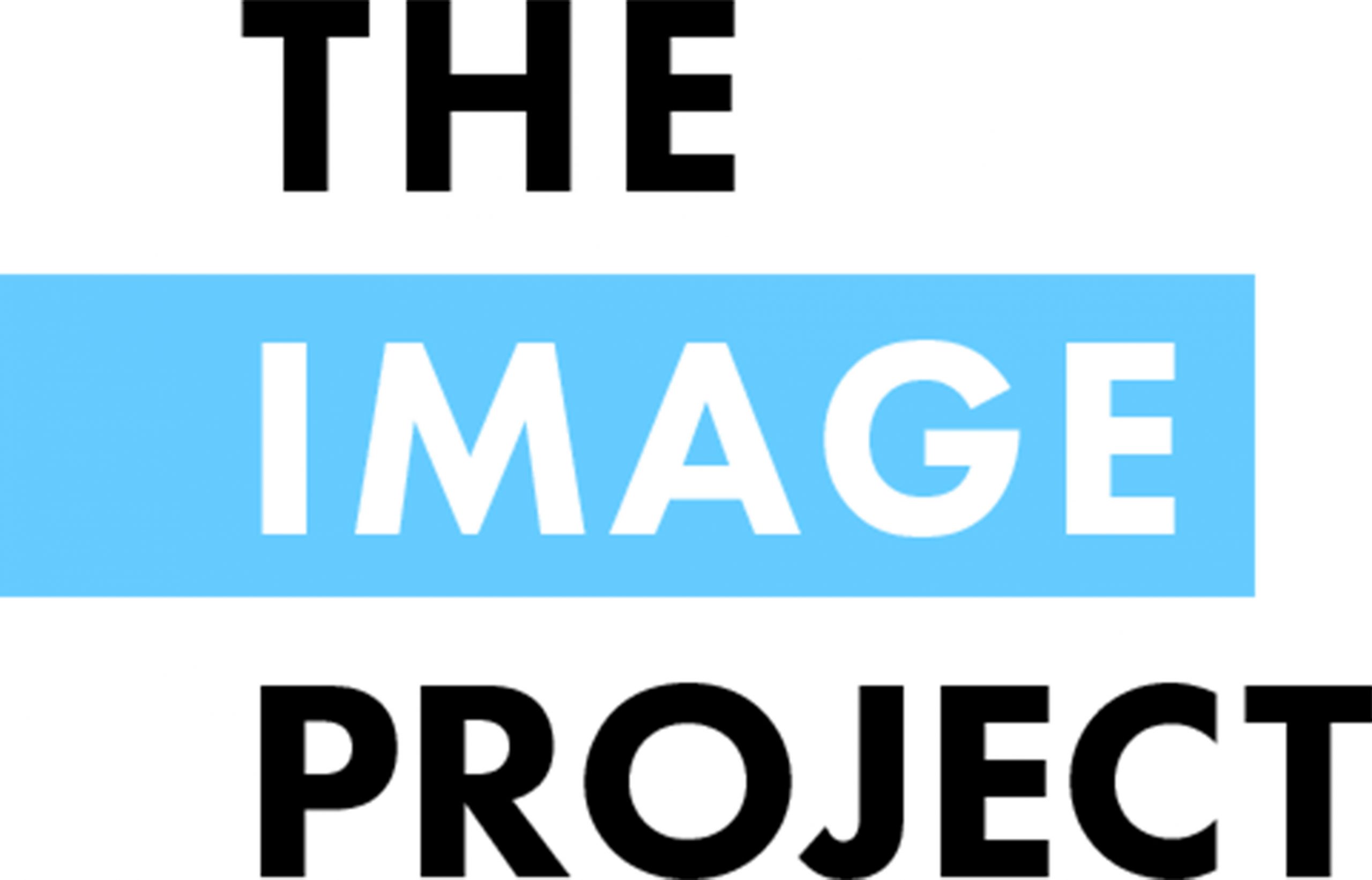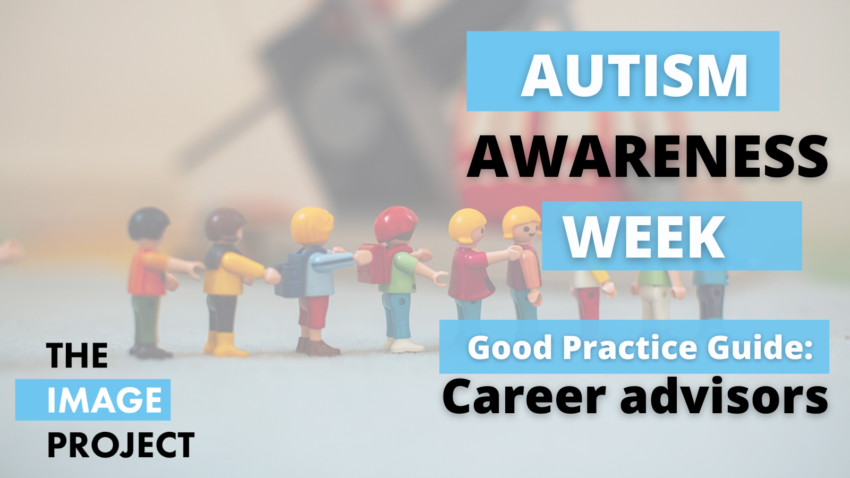During Autism Awareness Week we want to give you a sample of the materials produced in the IMAGE project. Our third Good Practice Guide is designed for careers advisors. It gives you a basic background in autism and lots of tips and techniques to support autistic career-starters.
Employment of autistic graduates
Autistic students and graduates—like everyone who is at the beginning of their career—need help to make career choices, find their first job, and make things work as they begin employment. With a social network that is often smaller and some specific issues to negotiate, professional help can be especially important for autistic students.
The employment statistics suggest that what’s been done up to now isn’t working out very well. For example, in the UK only 22% of autistic adults are in any type of work.
Many autistic graduates are not finding work in the area they earned their degree in. They may also be stuck in part-time roles, or working in low-level, low-paid jobs that don’t make the best use of their skills. This is a loss for all of us: graduates, universities, employers and society.
Introduction to Good Practice Guide for Careers Advisors
Careers counsellors, whether they are inside or outside the university, often aren’t sure what this group of students needs, or how to deliver help in the most effective way. That’s where the IMAGE Project’s Good Practice Guide comes in.
Whether it’s planning a meeting with an autistic student, helping them apply for jobs, organising a careers day or job fair, or dealing directly with employers who are seeking applicants for their graduate schemes, careers advisors may need to do things a little differently for autistic students and graduates.
The changes are usually not difficult or costly—just simple adjustments that make receiving careers advice and finding work more accessible. An extra piece of good news is that the same adjustments can be beneficial to many students and graduates as well!
Through our project we have gathered information from experienced careers advisors, employers, students and other stakeholders, learning about the issues this group of new entrants to the labour market face and about creative solutions that have proved useful.
Good Practice Example
Career fairs are large noisy events where autistic students can easily become overwhelmed. The careers and support department at a large technical university came up with a genius solution:
They station a floating worker on the outskirts of their careers fair. This person’s presence is clearly signposted in materials and maps of the fair. Any student who needs a little extra help or advice can start with the floating worker, who can also make introductions to employers for any student who asks. This is a great example of a change made to support autistic students that is helpful to a much wider group.
The Good Practice Guide for Careers Advisors will be available in five European languages (English, Dutch, German, French and Finnish) at no charge.

